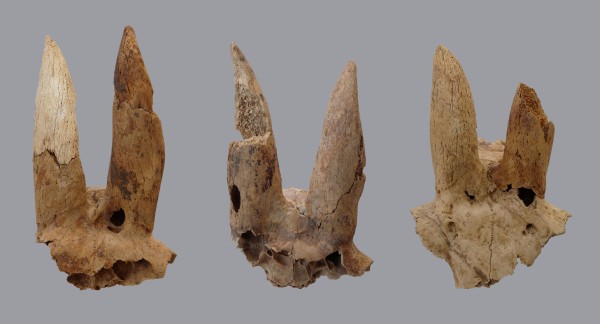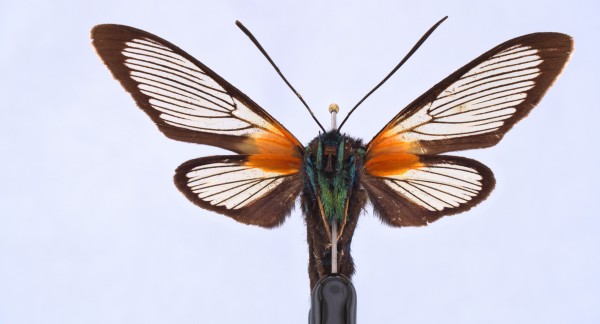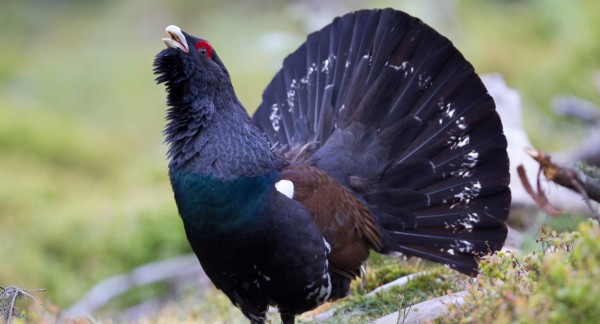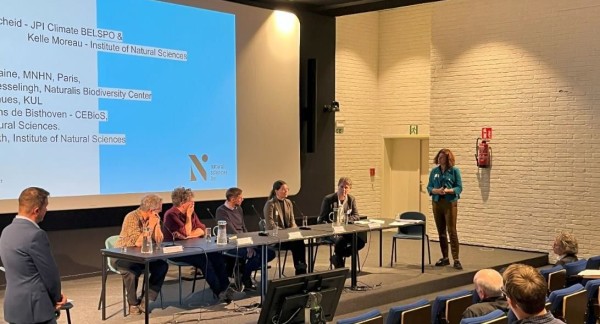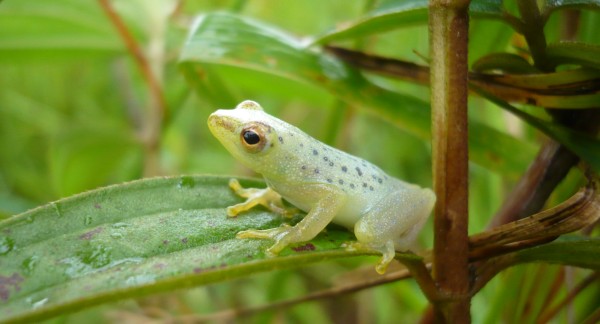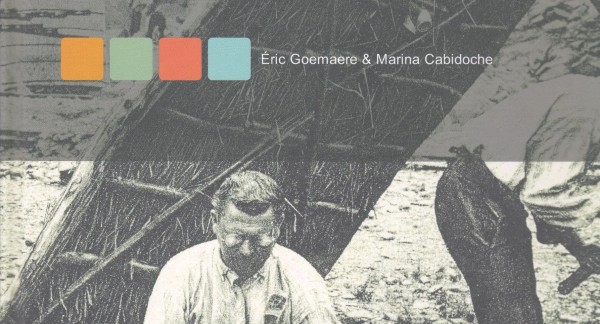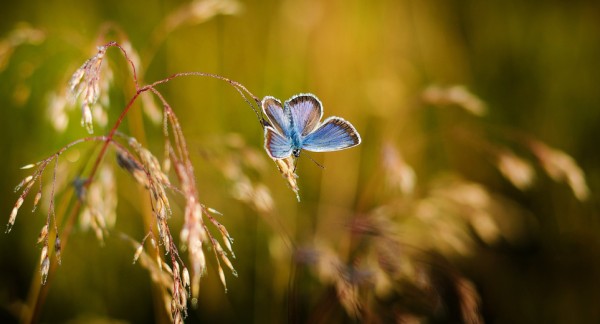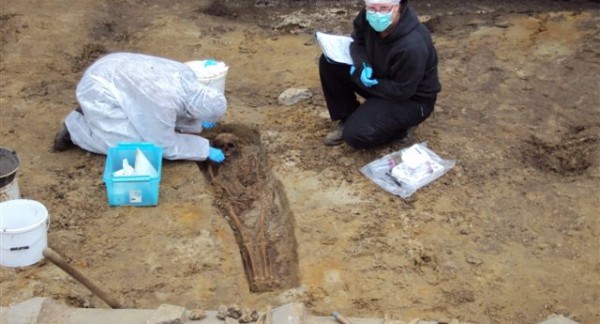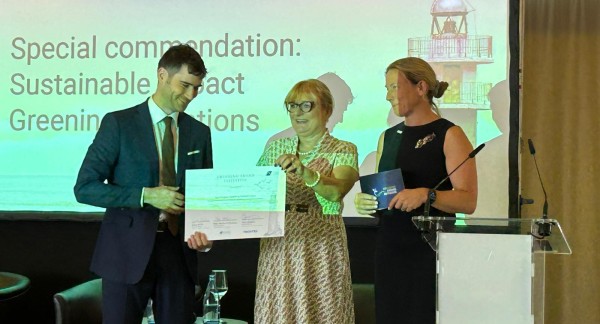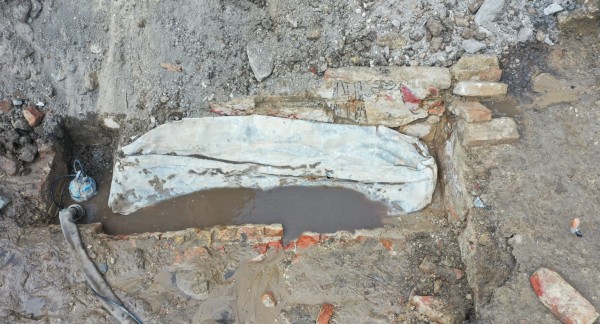News
Ancient Egyptians Deformed Sheep Horns
26/11/2024
Researchers from the Institute of Natural Sciences and the University of Oxford have found the oldest evidence of livestock whose horns were deliberately deformed. The ancient Egyptians forced the corkscrew-shaped horns of sheep, which naturally grow sideways, to stand upright.
Introducing Sphaeroptica: a new tool for visualizing insects in 3D
07/11/2024
Belgian Neanderthals made tools from bird bones
08/10/2024
Cut marks on bird bones from the Scladina cave, near Namur, indicate that Neanderthals ate various bird species and made tools from some of the bones.
Mass Extinction Conference
27/09/2024
The Institute of Natural Sciences and Federal Science Policy (BELSPO) took the initiative to organize a conference dedicated to the current rapid loss of biodiversity, called “Mass Extinction Conference”.
New book maps key areas for Gabon's biodiversity conservation
19/09/2024
How Belgian porphyry paved the world
09/08/2024
Did you know that cobblestones are porphyry, solidified magma? In the early 20th century, three Belgian villages were the largest source of porphyry in the world. Two geologists tell the history of porphyry extraction in our country in a richly illustrated book.
Public consultation on the update of Belgium's national biodiversity strategy
23/07/2024
Until September 24, 2024, you will have the opportunity to share your opinion on the update of the Belgian National Biodiversity Strategy for the next five years.
Origin and Spread of Malaria: St. Rombout’s Cemetery in Mechelen Plays Key Role in International Research
18/07/2024
Monitoring of ship emissions praised for sustainable impact
27/06/2024
The monitoring programme of the Institute of Natural Sciences for emissions of sulphur oxides (SOx) and nitrogen oxides (NOx) of ships at sea was awarded the ‘Special Commendation for Sustainable Impact’ in the context of the Greening Award Initiative of the European Maritime Safety Agency. A well-deserved recognition for the impact and sustainability of our efforts to combat air pollution from ships at sea.
Mysterious skeleton found in lead coffin in Bruges is that of Boudewijn I of Assebroek
26/06/2024
